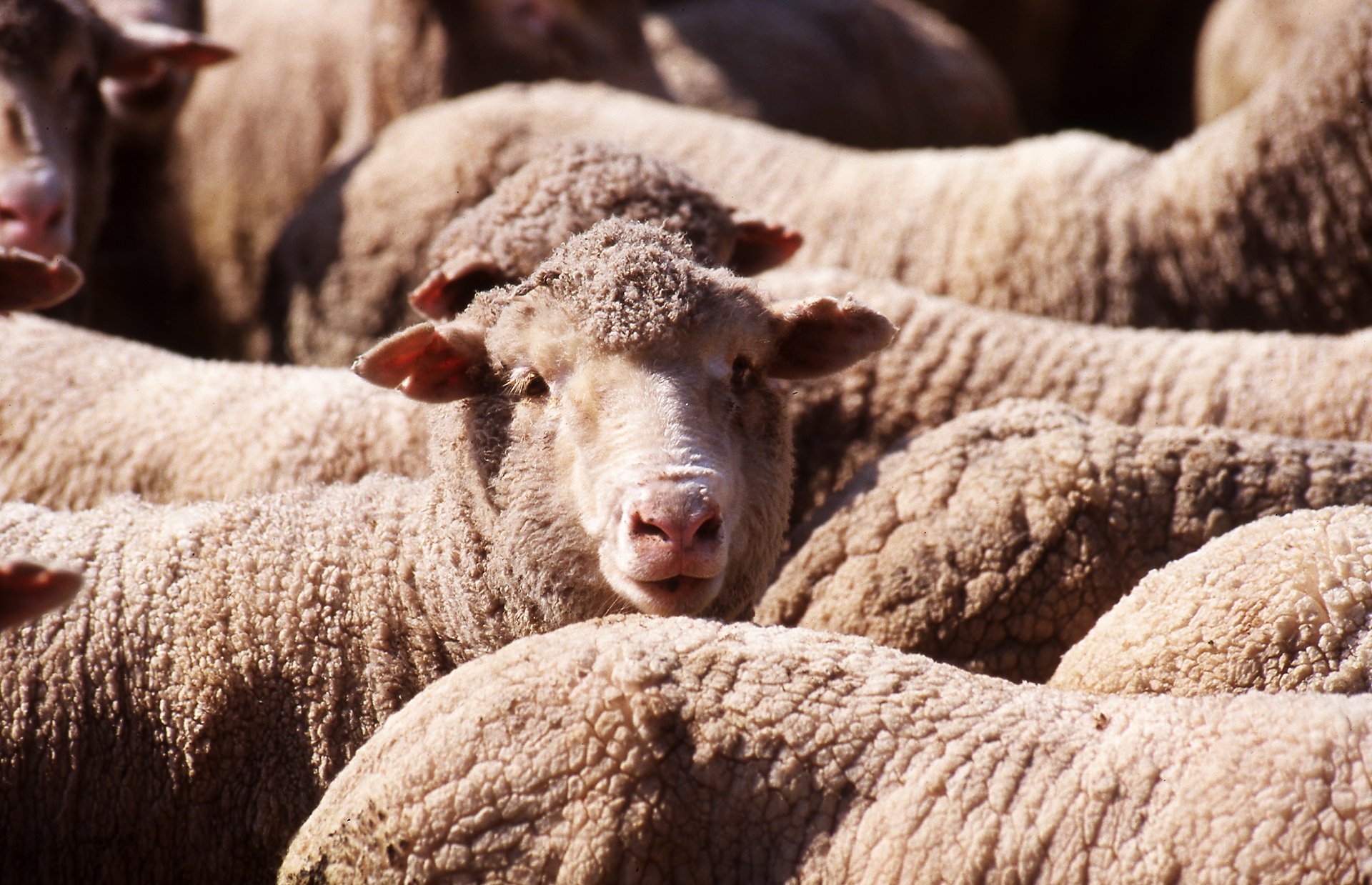
Ways to help
Influence change
Your guide to engaging with politicians
Engaging with politicians is a powerful way to influence change on issues that matter to you. Whether it’s meeting with your local MP, writing an email, or starting a conversation on social media, your voice can help shape policies that create a fairer Australia for animals.
The following toolkit aims to empower individuals like you to feel confident when engaging with your political representatives.
Who can you approach with your concerns?
1. Members of Parliament (MPs)
MPs are elected representatives who represent a particular electorate (location) at either the federal level, or in a state or territory. They debate and pass legislation. You can find your local federal member by searching for your electorate here.
2. Cabinet Ministers
Cabinet Ministers are MPs appointed by the Prime Minister or State Premier to be responsible for specific government departments and portfolios. You can find a list of federal Cabinet Ministers here.
Ways to engage with politicians
Schedule a Meeting
A direct and impactful way to connect with your representative.
Have a Phone Call
A powerful way to raise an issue with your MP.
Send a Letter or Email
A great way to start a discussion and raise an issue with your MP.
Engage on Social Media
Start discussions by interacting with their posts.
Tips for an effective meeting
Be prepared
Research your issue and the MP’s stance. Have key points and supporting evidence ready.
Be clear
Present your case with facts, personal stories, and a clear ask (e.g., raise the issue in Parliament).
Follow up
Thank them after the meeting and remind them of any commitments.
Live sheep export key talking points
-
The phase out is already legislated:
The Australian Government has already passed the legislation and provided a generous transition package to support the industry to transition. The transition package will help producers and businesses adjust to the shift, ensuring a smooth and sustainable transition to higher-value meat exports.
Stronger animal welfare:
Inhumane conditions: Investigations have repeatedly exposed the extreme suffering endured by sheep during live export.
Sheep suffer from the cramped conditions, heat stress, and inhumane slaughter practices upon arrival in the destination country. These issues persist despite regulatory measures.
Sheep exported live endure conditions that are not permitted in Australia, including slaughter without prior stunning.
Australians want an end:
7 in 10 Australians support an end to live sheep exports.
Upholding the ban and meeting the phase-out deadline will show Australians that their voices have been heard and that their government prioritises ethical practices.
Support for the ban demonstrates your leadership and commitment to stronger animal welfare standards.
Ending live sheep exports positions Australia as a global leader in animal welfare. This decision strengthens our international reputation, and sets a precedent for other nations to follow.
Stronger future:
The live sheep export trade is already in long-term decline, with fewer ships and less economic viability.
Live sheep exports contribute only 0.1% of Australia’s agricultural exports.
Transitioning to chilled and frozen meat exports supports workers, ensures sustainable growth, and protects Australia’s reputation as an ethical trading partner.
Sheep meat exports to the Middle East alone are worth 16 times more ($1.2 billion vs $74 million in 2023/24). Phasing out the trade will strengthen local supply chains and create jobs within Australia.

